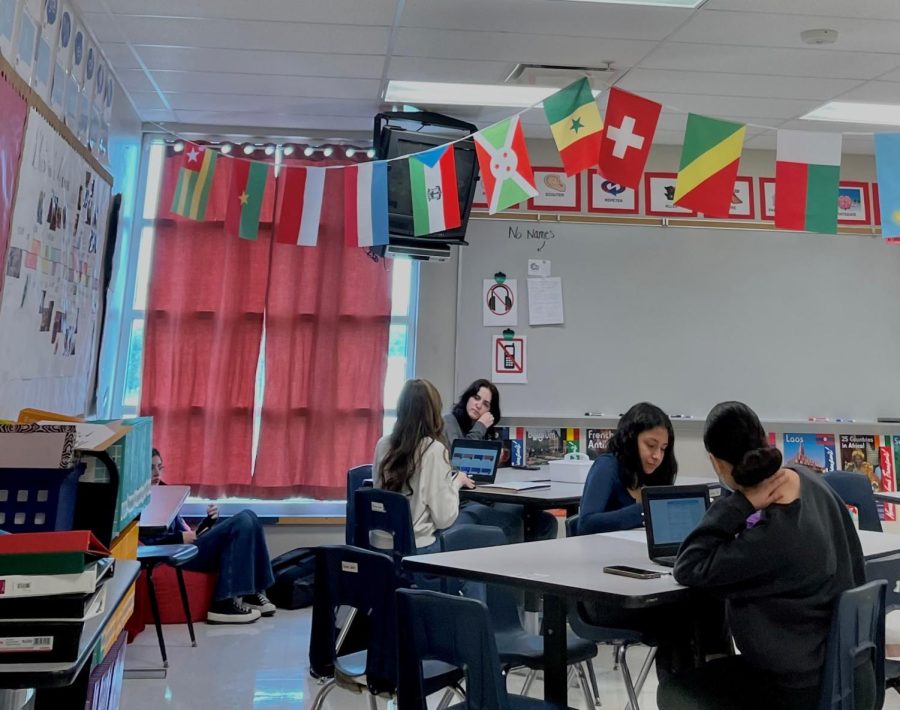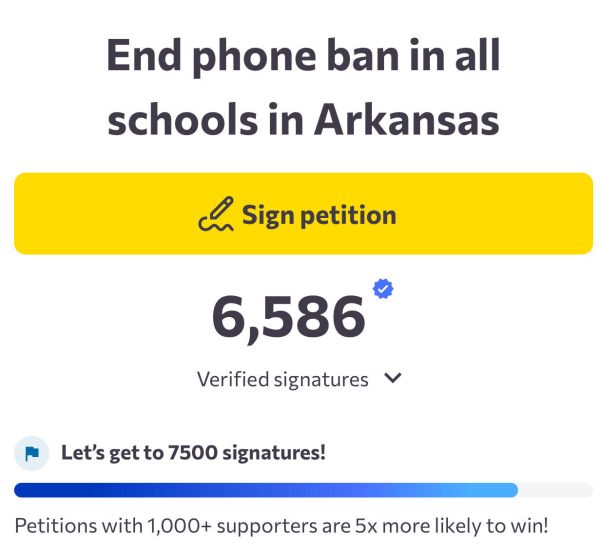Foreign Language: Now a Foreign Idea?
The struggle to enroll students in Foreign Language Courses
A few years ago, students in Rogers High School had the liberty to enroll in various foreign language courses. From German to Latin, students received opportunities to learn all sorts of different languages-a skill that has become both uncommon, and gravely essential.
“The funding for the initial [foreign language] program ended in 2015 and the district did not want to pay for the program when interest had dwindled. There was great interest initially but when students realized it was quite difficult to learn, they did not continue and fewer registered each year,” said former World Language department chair Lisa Thrailkill.
In 1998, Rogers High School offered Spanish, German, French, and Latin, Thrailkill said. In 2000, after the Latin teacher left, the class was no longer available at RHS. Chinese was offered in 2011, but only lasted five years. Thrailkill added that even numbers in Spanish classes have slightly declined (although Native Spanish has increased).
Today, foreign language credits aren’t even a requirement to graduate. Since 2011, when the decision was made by the state legislature and the department of education, our schools switched to Common Core requirements, leaving world languages almost entirely out of the picture. The only exceptions are for students striving to graduate with honors; they need two years of a Foreign Language credit to do so. It seems, however, that this is not just a problem at RHS, but a state-wide issue, and a growing one.
According to a National K-12 survey conducted by EducationWeek, Arkansas is repeatedly competing for last place in regard to the percentage of high school students enrolled in a foreign language class. Considering the diversity of cultures embedded throughout this country, a quality that shines in the Rogers community, it’s alarming how little importance is placed on educating the next generation about other languages and cultures.
Having 9.09% of students in Arkansas enrolled in a foreign language class seems like a low number by itself. However, the exigence of this state-wide dilemma is displayed when comparing to other states such as New Jersey and Washington D.C., who have 47-50% of their high school students enrolled in foreign language classes, reported by EducationWeek.
Hallie Jarvis taught German for 25 years before RHS stopped offering those courses. She said that German III and IV were always taught as one combined class, since there were never enough kids to form separate classes. This is occurring now with our French III & IV classes.
Students also suffer academically from lack of exposure to other cultures. The majority of universities require 2+ years of a foreign language credit, (though some prefer 3-4). Additionally, a foreign language credit may be a requirement to graduate, so even if someone managed to get through high school without enrolling in a world language class, they’ll inevitably have to.
“I think learning a second language is really important; there are academic benefits, but also you learn about other cultures and other people, and how things are different,” said Jarvis.







